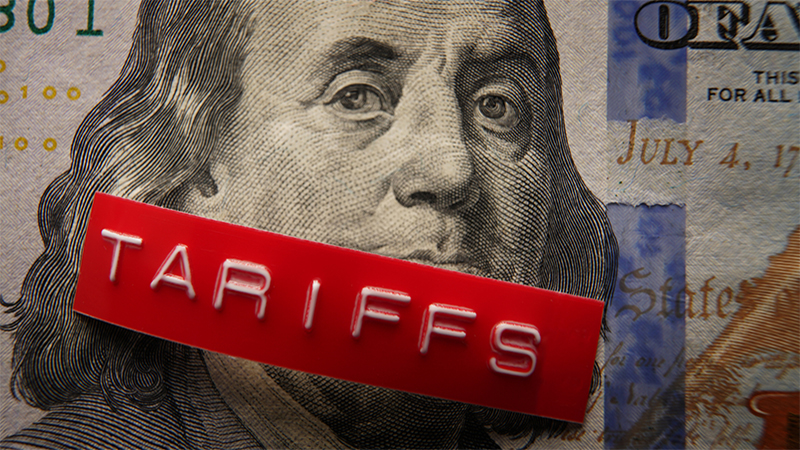The week kicked off with M&G Investments launching its own direct to consumer online service. Central to the proposition is a significant fee cut of 50bps on the average M&G equities fund and 25bps on the average bond fund.
Then today we saw passive investment juggernaut Vanguard making a bold move into the active fund arena with offerings at 60bps, something that will no doubt concern the established players in the UK market.
Hot on the heels of the Vanguard news it was announced that ratings and research house RSMR is to launch its own investment platform giving investors access to its burgeoning range of model portfolios at an aggressive fee level of 25bps.
This all follows moves by the likes of Neil Woodford to offer more transparency on how fees are drawn up and absorb some elements which have traditionally been passed on to the end investors, like external research costs.
It would be seriously stretching the powers of coincidence to think the timing of all these different things is purely chance. There are clearly forces at work which could change the investment industry for the better or worse, depending on your perspective and what happens from here.
A fundamental factor underlying all this is that competition is increasing both in the passives space where FTSE 100 trackers have been squeezed down to fees of 7bps, and in active management.
The push for transparency on fees in the post RDR era is hitting home more than ever, leaving providers with less and less scope to obfuscate exactly what their offerings cost the end investor in comparison with other firms. Retail investors are gradually becoming more savvy and price conscious to boot.
The increasingly bold regulator is another key aspect underpinning these moves. Relationships between product providers and financial advisers are under a new level of scrutiny from the FCA, with things like client entertainment drawing disapproving comment.
If providers are no longer free to build such cosy relationships with advisers, it logically makes going direct to consumers more important. One consequence for this could be a big increase in restricted advisers being unleashed by providers, meaning the independents have fewer potential clients themselves.










